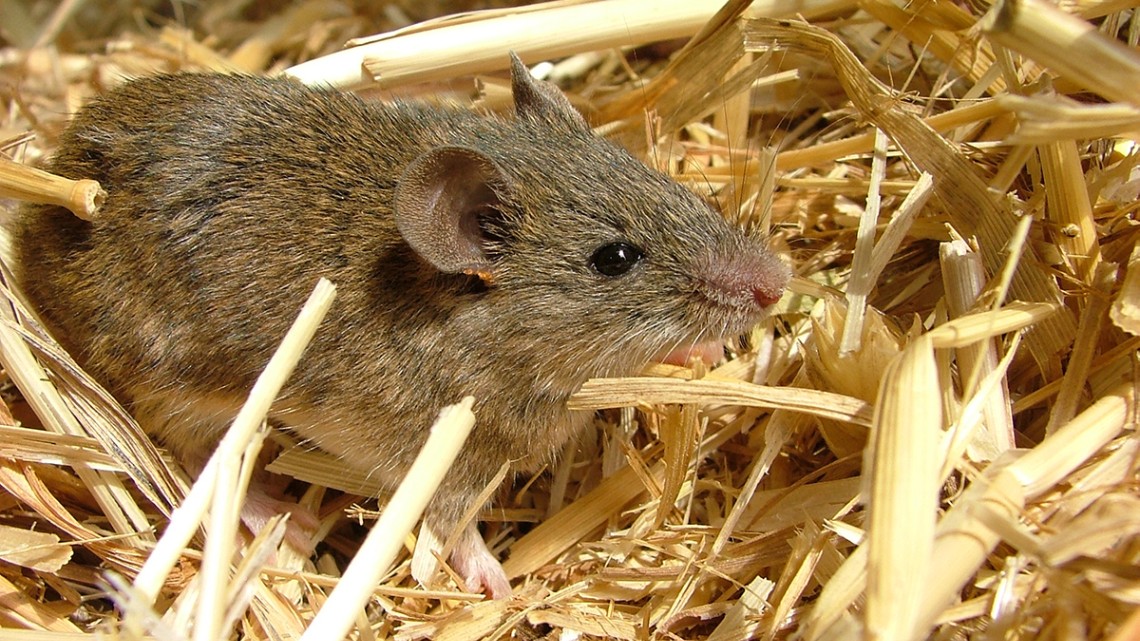
A house mouse.
News directly from Cornell's colleges and centers
Viking mice: Norse discovered Azores 700 years before Portuguese
By Krisy Gashler
The history books say the Azores were discovered by Portuguese explorers in 1427. But mouse DNA and lake sediment suggest that the mid-Atlantic archipelago was actually discovered as much as 700 years earlier, by Vikings.
In 2015 Jeremy Searle, professor of ecology and evolutionary biology, and two co-authors posited, based on mouse mitochondrial DNA, that the first humans to visit the Azores came from Northern Europe, not Portugal. Their study, published in the Journal of Evolutionary Biology, has taken on new relevance in light of a new, international study published in the Proceedings of the National Academy of Sciences (PNAS), which looked at sedimentary layers in Azores lakes and historical climate patterns and came to the same conclusion Searle’s group did: Norse explorers discovered parts of the Azores between 700 and 850 A.D.
“This is a completely different set of data, but their findings confirm what we hypothesized in 2015,” Searle said. “Having this variety of available evidence: the sedimentary record, historical climate data, our mice – our living artifacts – these are all tools for archaeologists and historians to use in piecing together the past.”
Media Contact
Get Cornell news delivered right to your inbox.
Subscribe
